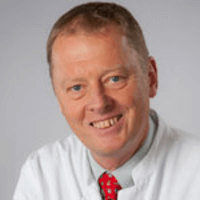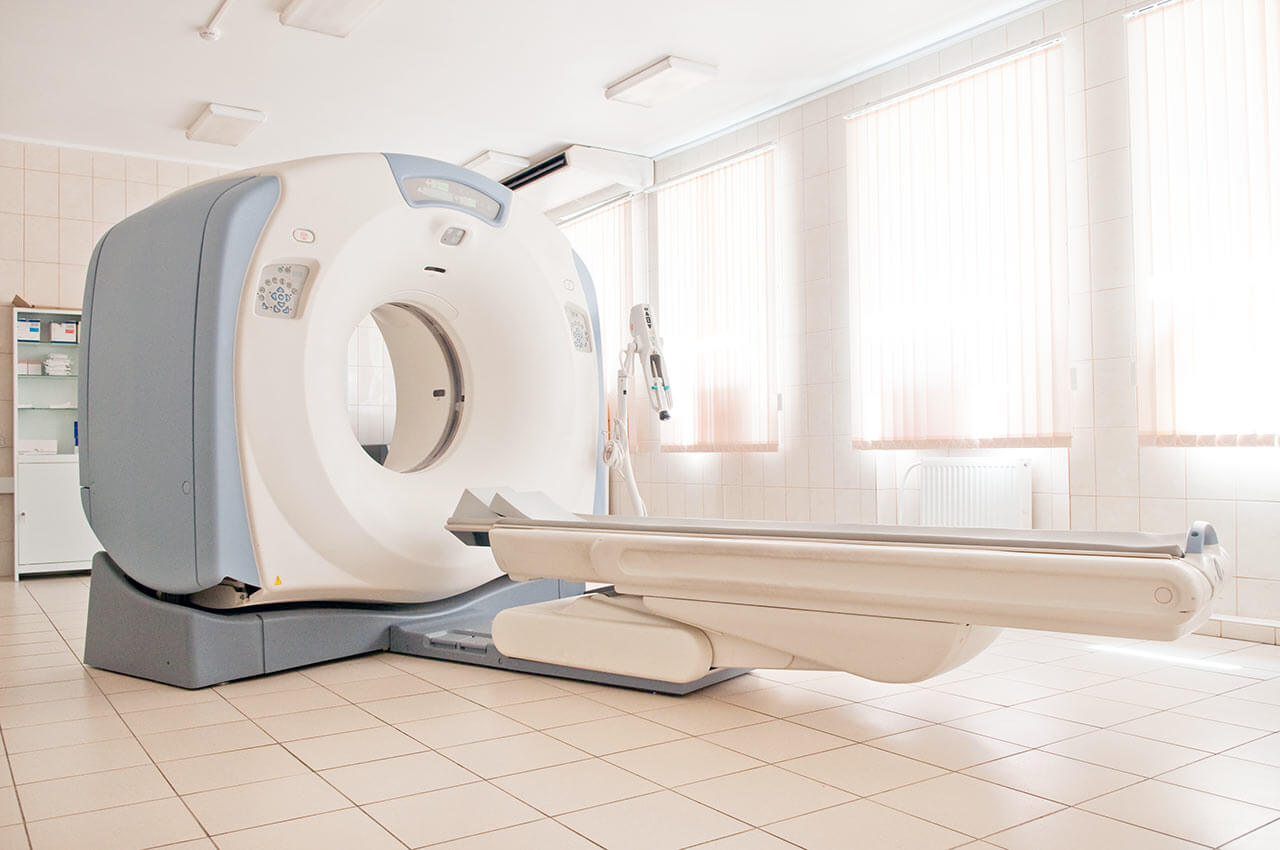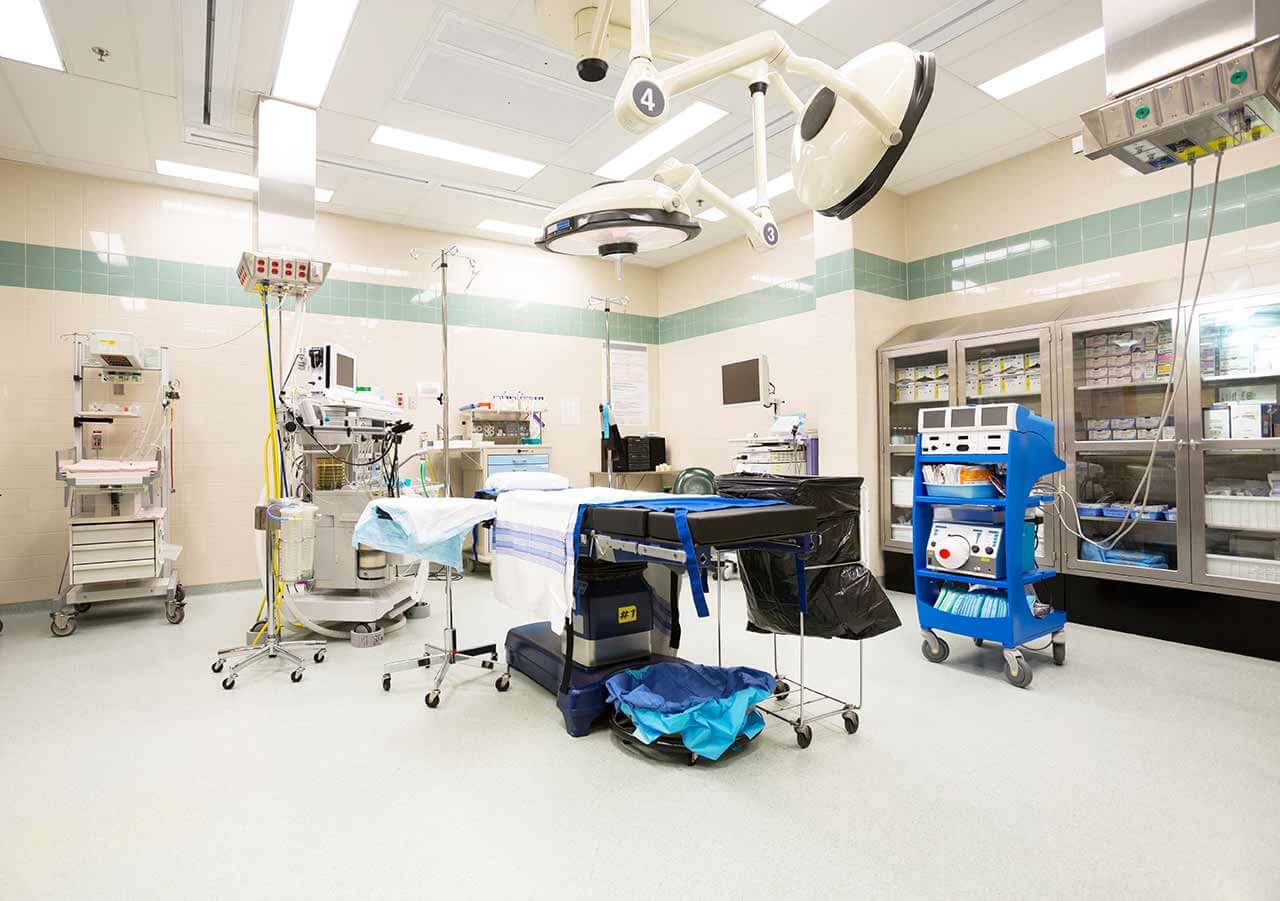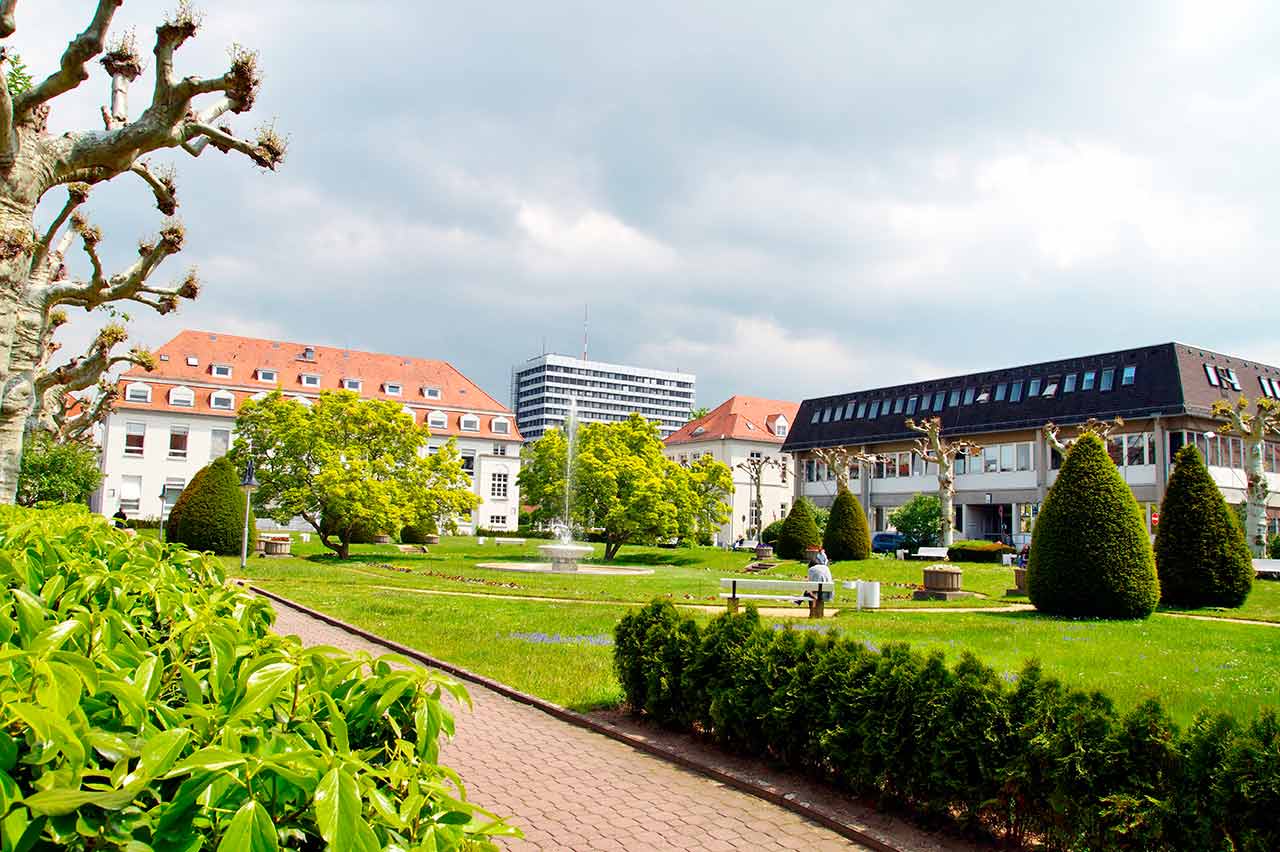
The program includes:
- Initial presentation in the clinic
- clinical history taking
- physical examination
- cardiological examination
- laboratory tests:
- complete blood count
- general urine analysis
- biochemical analysis of blood
- TSH-basal, fT3, fT4
- indicators of inflammation
- indicators blood coagulation
- transesophageal echocardiography (TEE)
- EKG/ ECHO/ x-ray of th chesе
- holter monitoring (24h)
- heart catheterization
- preoperative care
- surgical treatment of heart defects
- symptomatic treatment
- control examinations
- cost of essential medicines and materials
- nursing services
- full hospital accommodation
- explanation of future recommendations
Required documents
- Medical records
- Echocardiography (if available)
Service
You may also book:
 BookingHealth Price from:
BookingHealth Price from:
About the department
According to the prestigious Focus magazine, the Department of Adult and Pediatric Cardiothoracic Surgery at the University Hospital Mainz is regularly ranked among the best medical institutions in Germany in its area of specialization!
The department offers the full range of surgical treatment of cardiovascular diseases and thoracic operations. The department is one of the leading medical institutions in Germany, which introduces the very latest treatment methods. In particular, the specialists of the department are among the first in the field of minimally invasive coronary artery bypass grafting and minimally invasive aortic valve surgery. Also, the department’s priorities include heart valve reconstruction in case of their insufficiency and aortic aneurysm treatment.
The Chief Physician of the department is Prof. Dr. med. Christian-Friedrich Vahl. Dr. Vahl is an outstanding professional in his field, who has repeatedly been on the rating of the top physicians in the Focus magazine. In addition, according to a special survey of patients at the forum, he is among the top 10 surgeons in Germany in the field of cardiothoracic surgery for two years in a row. All these achievements are an indisputable confirmation of the highest professionalism of the professor.
The service range of the department includes:
- Surgical treatment of vascular diseases (all open and endovascular surgical methods are available)
- Open and endovascular techniques for the treatment of all parts of the aorta and abdominal arteries
- Revascularization in case of occlusive peripheral arterial disease (including revascularization in diabetic foot syndrome – pedal bypass surgery)
- Carotid artery reconstruction
- Dialysis access surgery (arteriovenous fistula, Demers catheter)
- Venous surgery
- Thoracic surgery (treatment of all diseases of the lungs, pulmonary vessels and thoracic organs)
- Diagnostic interventions for
- Tumors and lymphadenopathy of the thoracic organs
- Pathological changes in the lungs of unknown origin
- Diseases of the pleura and chest wall
- Minimally invasive interventions
- Sparing thoracotomy
- Video-assisted thoracic surgery
- Video-assisted mediastinoscopy
- Surgical treatment of benign and malignant thoracic diseases
- Pneumothorax
- Pleural empyema
- Tracheal stenosis
- Surgical treatment of malignant thoracic diseases
- Lung cancer
- Lung metastases in primary tumors of other localizations
- Malignant pleural mesothelioma
- Mediastinal tumors
- Chest wall tumors
- Tracheal tumors
- Surgical treatment of lung diseases in terminal stages
- Lung resection
- Lung transplantation
- Treatment of chronic thromboembolic pulmonary hypertension
- Pulmonary endarterectomy
- Diagnostic interventions for
- Treatment of ischemic heart disease
- Conservative drug therapy
- Balloon dilatation (PTCA)
- Stenting
- Coronary artery bypass grafting
- Postoperative therapy (selection of diet, drugs, smoking cessation, etc.)
- Aortic surgery
- Pediatric cardiac surgery (surgical treatment of congenital heart defects in children of all ages)
- Medical care in urgent clinical cases
- Other medical services
Curriculum vitae
Prof. Dr. med. Christian-Friedrich Vahl studied medicine, art history, philosophy, and sociology. After studying medicine (1975 - 1981), he was an Intern at the University Hospital Göttingen and Heidelberg. Dr. Vahl was a Fellow of the Studienstiftung des Deutschen Volkes. Then, he completed a one-year study at the Complutense University of Madrid (1979 - 1981). In 1986, he defended his doctoral thesis and received the title of Doctor of Medicine. From 1981 to 1984, the doctor underwent the initial scientific training at the Institute of Physiology, University of Hamburg. Later he underwent clinical training at the German Heart Center Munich and at the Augsburg Clinic. There he worked on the project "Quality Assurance in Cardiac Surgery". In 1988, Dr. Vahl began working at the University Hospital Heidelberg, where he was had his habilitation (1995). Since 2004, he has been holding the position of Head of the Department of Cardiothoracic Surgery at the University Hospital Mainz. In 2002, he was appointed as a Visiting Professor at the University of Heidelberg.
Awards
- Fellow of the German Foundation Studienstiftung des Deutschen Volkes.
- Fellow, Colegio Mayor "Diego de Covarrubias", Complutense University of Madrid.
- Ernst Derra Prize of the German Society of Cardiothoracic Surgery.
- Board Member of the German Society of Cardiothoracic Surgery (DGTHG).
- Presidium of the German Society of Surgery.
- Admission to the European Academy of Arts and Sciences.
Memberships
- Board Member of the German Society of Surgery.
- German Society of Cardiothoracic Surgery (DGTHG).
- German Society of Cardiology (DGK).
- Academy of Sciences.
- Association of German Surgeons (BDC).
- German Society of Thoracic Surgery (DGT).
- European Association of Cardiothoracic Surgery (EACTS).
- German Society for Vascular Surgery (DGG).
- European Society of Vascular Surgery (ESVS).
Photo of the doctor: (c) Universitätsmedizin der Johannes Gutenberg-Universität Mainz
About hospital
The University Hospital Mainz is one of the best maximum care medical facilities in Germany and an internationally recognized scientific center. There are more than 60 departments and institutes, which represent all fields of modern medicine. The hospital serves more than 68,000 inpatients and more than 273,000 outpatients annually, which testifies to the excellent reputation of this medical institution.
The key to the successful clinical practice is also a highly qualified medical staff, which consists of 7.800 employees from various fields. The doctors of the hospital are convinced that each clinical case requires an individual approach, therefore, they devote much time to consultations and communication with patients. The main goal of all hospital employees is to provide an optimal medical care based on the use of the state-of-art diagnostic and therapeutic measures, as well as the introduction of the latest scientific achievements into the medical practice.
The best interns and assistant physicians are trained here. The world-famous leading physicians of the hospital share their long experience and professional skills. Naturally, an integral part of the university hospital work is research, thanks to which many innovative possibilities in the field of diagnostics and therapy have been developed.
Photo: (c) depositphotos
Accommodation in hospital
Patients rooms
The patients of the University Hospital Mainz live in bright, spacious and comfortable rooms. The patient rooms are equipped with modern electronically adjustable beds, which at the touch of a button automatically assume a specified position. Also, there is a TV and a telephone in the patient rooms. To use them, it is necessary to get a prepaid card (in vending machines at the entrance to the hospital). The use of a TV is free, but the patient will need headphones. Telephone calls are made for a fixed fee, which will be withdrawn from the prepaid card at discharge from the hospital. Also, each patient room is equipped with an ensuite bathroom with shower, washbasin and toilet.
Meals and Menus
The patients of the hospital are offered a tasty and balanced three meals a day: breakfast, lunch and dinner. The menu also includes vegetarian and dietary dishes. In addition, for both patients and their visitors there are available cafeterias and bakeries, where one can buy baked goods, snacks, hot and cold drinks.
Further details
Standard rooms include:





